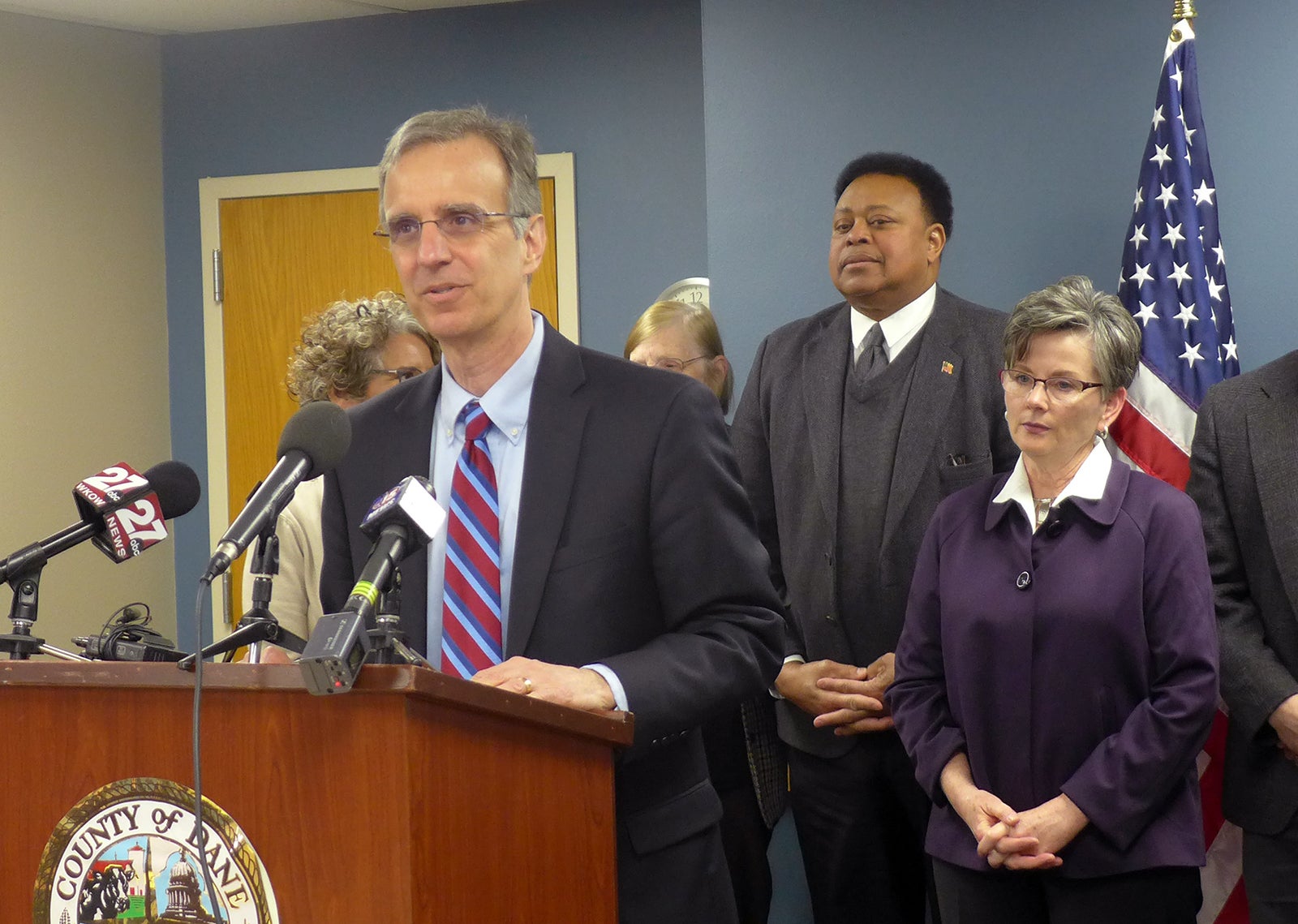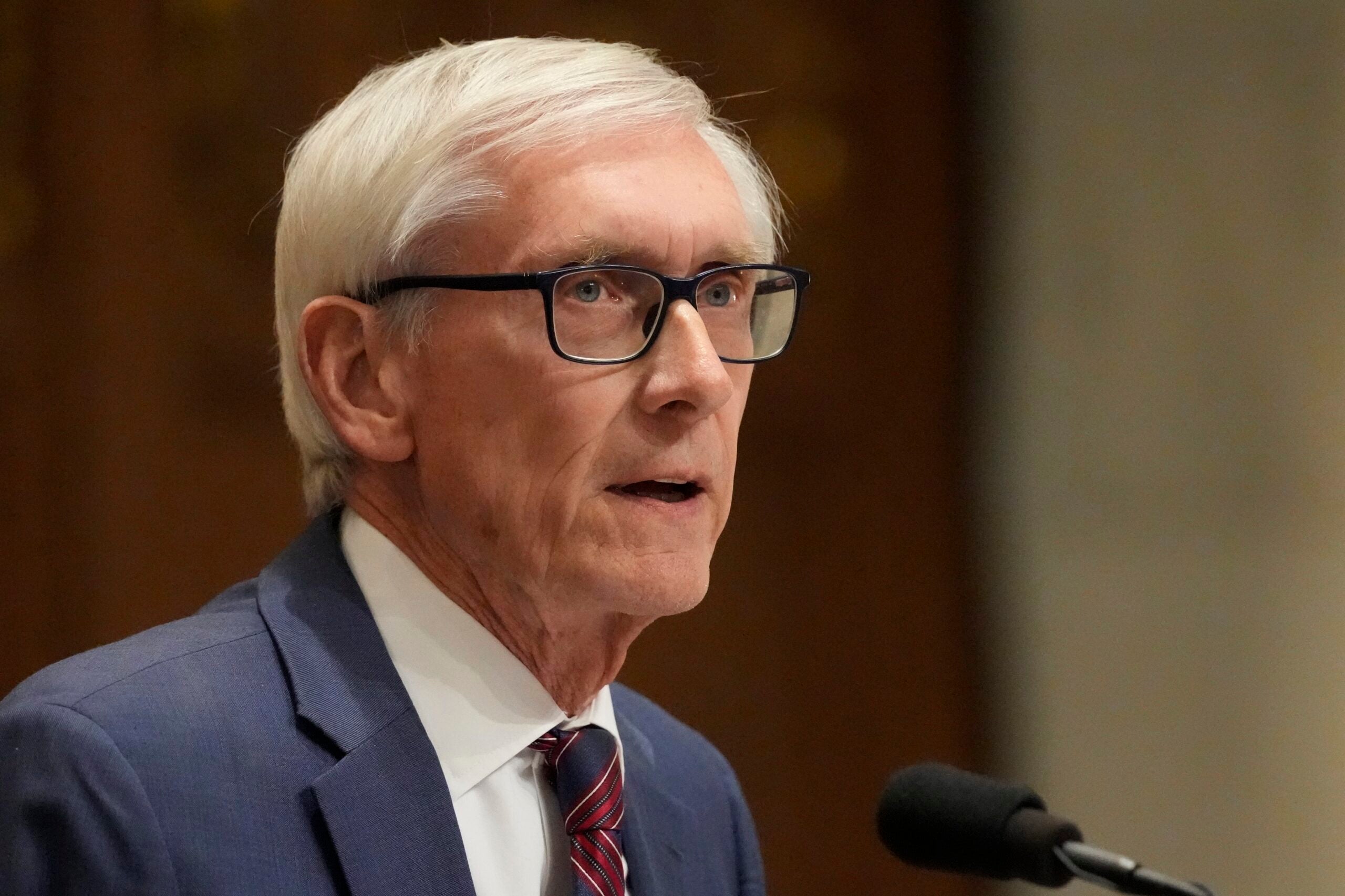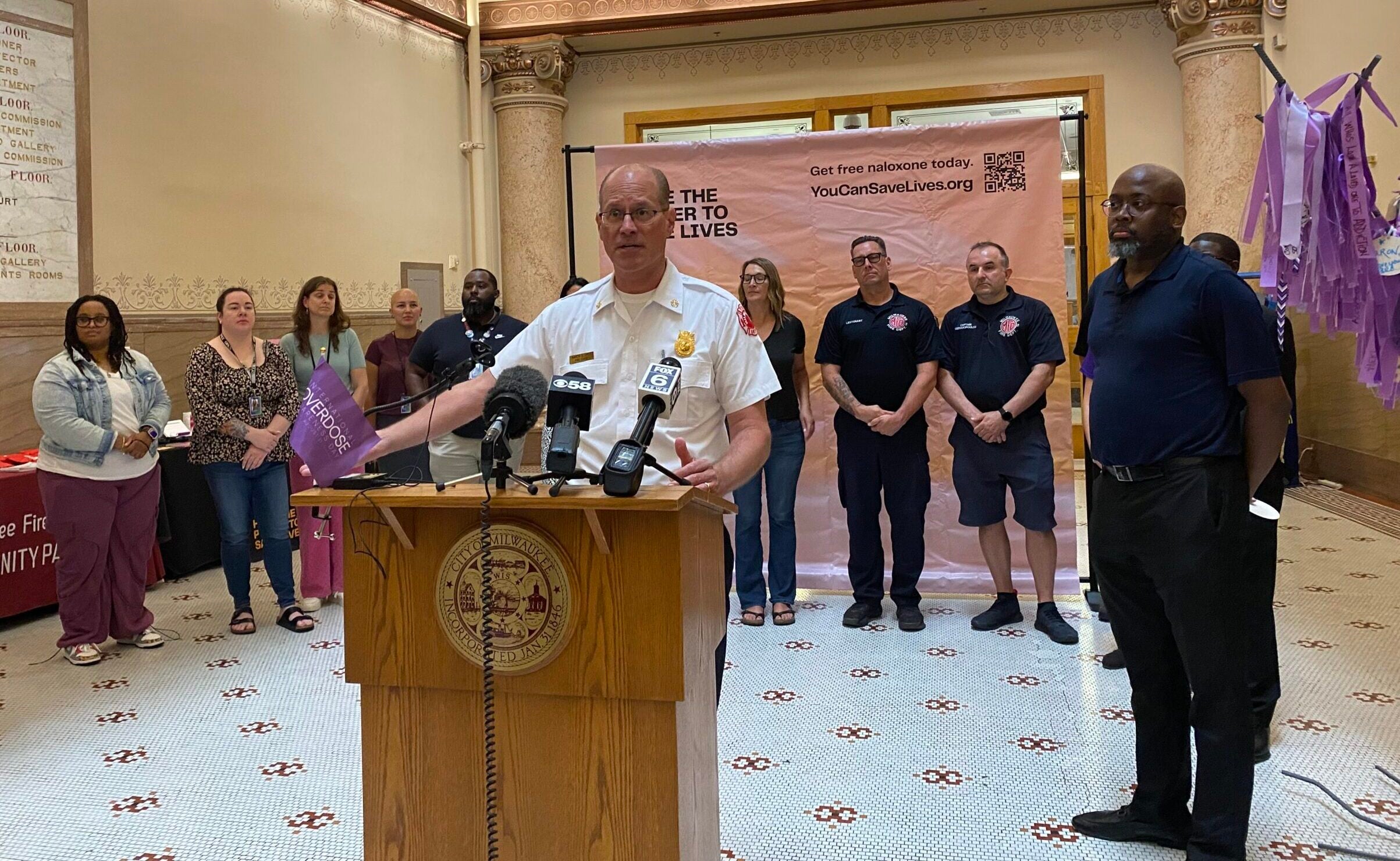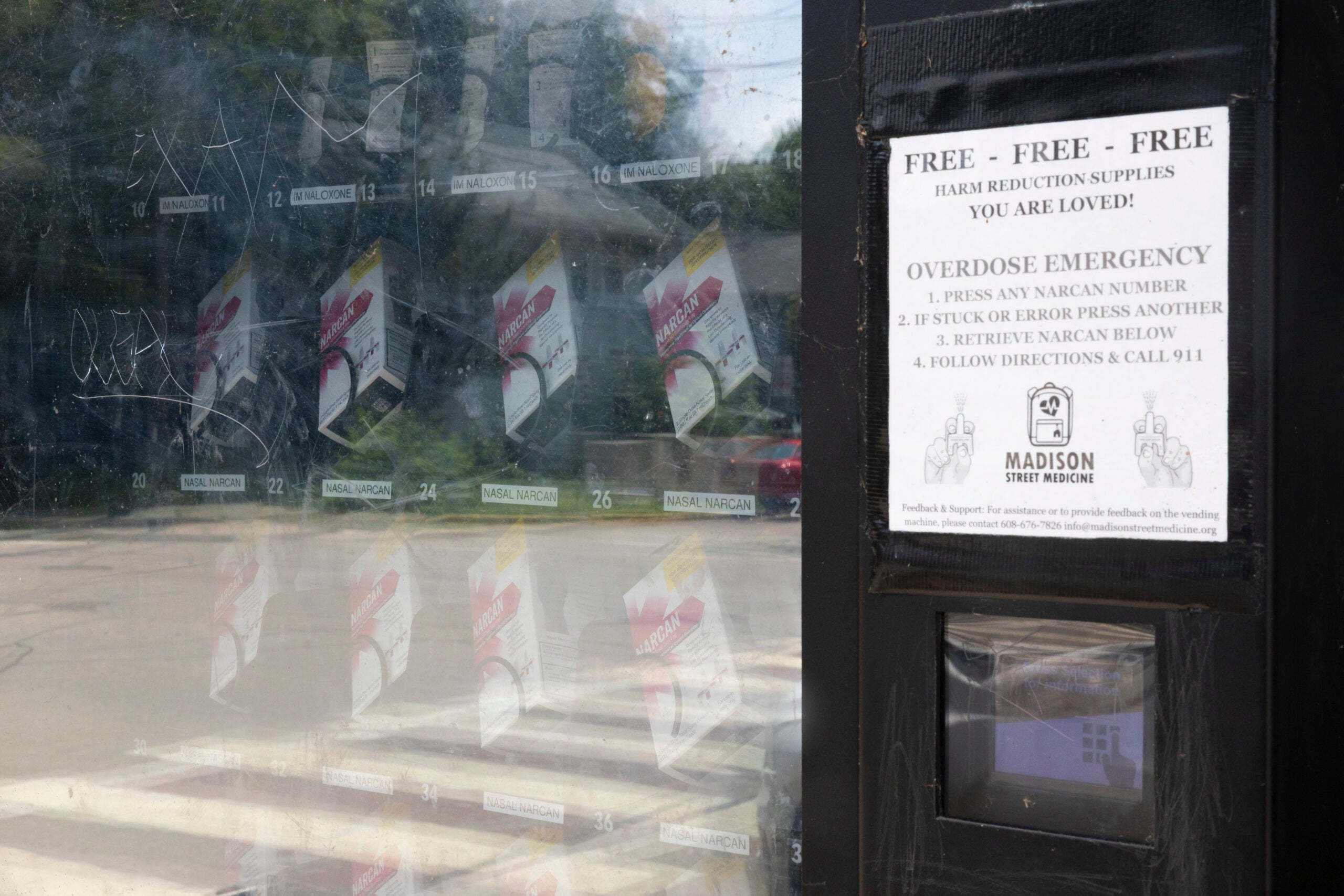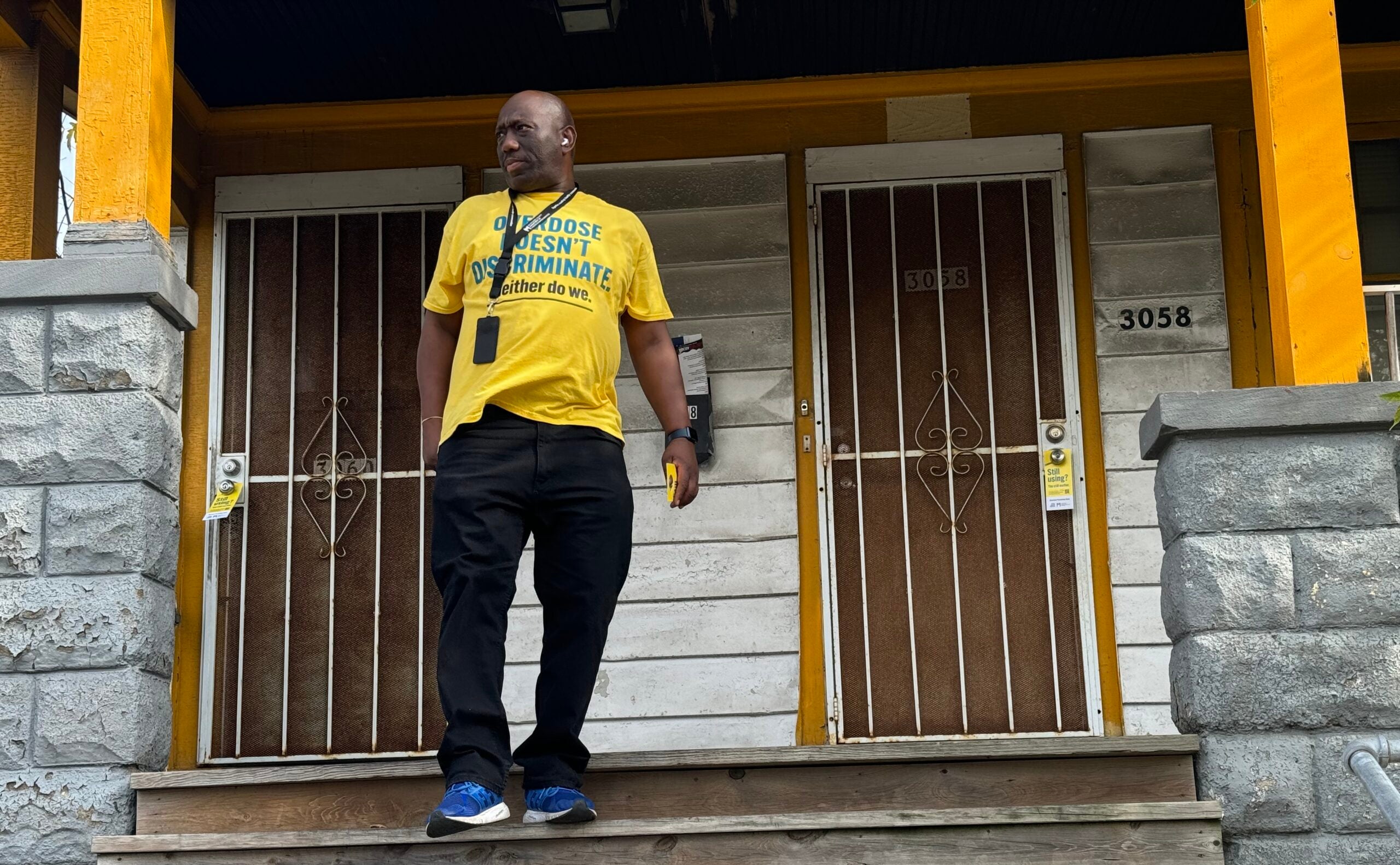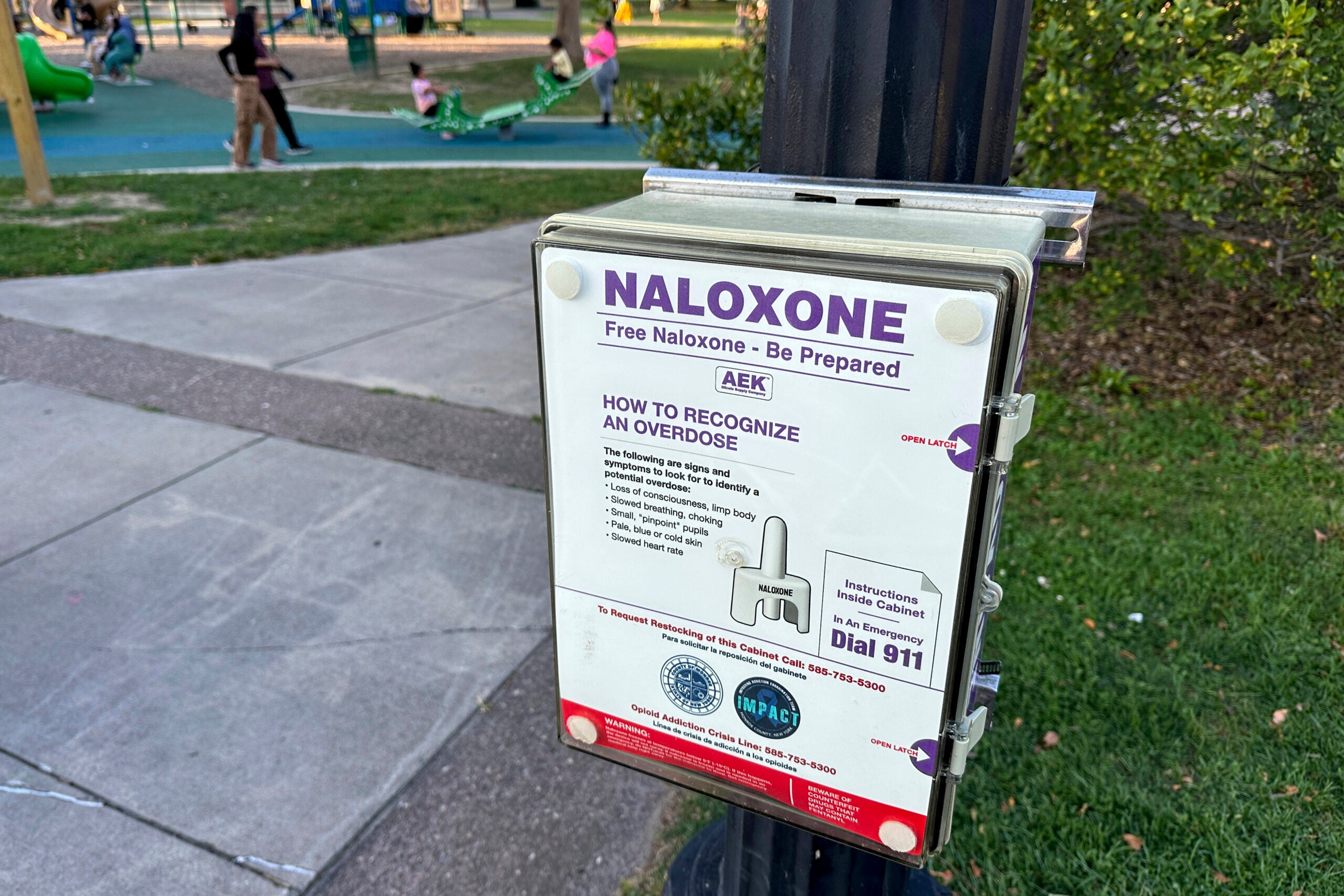County officials across Wisconsin are continuing to push forward with efforts to hold prescription drug manufacturers responsible for the ongoing opioid epidemic gripping both the state and nation.
As of April 3, the Wisconsin Counties Association offered updated figures saying seven more counties have joined a federal lawsuit against opioid drug manufacturers, bringing the total number to 66 of the state’s 72 counties. The association claims drugmakers engaged in fraud, misrepresentation and false advertising while pushing their products.
Meanwhile Dane and Milwaukee counties are also pursuing separate civil action against manufacturers.
News with a little more humanity
WPR’s “Wisconsin Today” newsletter keeps you connected to the state you love without feeling overwhelmed. No paywall. No agenda. No corporate filter.
On Monday, Dane County Executive Joe Parisi held a press conference announcing the county would be hiring a national firm, Barron & Budd, to serve as lead counsel.
Counties are hoping to recover costs caused by abuse of prescription painkillers and other opioids like heroin and synthetic fentanyl being sold on the street.
“We have seen workload increases in our medical examiners office, sheriff’s department, child protective services, courts, emergency management and other county funded services,” Parisi said.
Parisi told reporters that Barron & Budd is heading up civil lawsuits for 80 percent of the municipalities in the U.S. that are taking legal action against pharmaceutical manufacturers and distributors. The firm is the same one being used by Milwaukee County.
A number of states, including Wisconsin, have announced investigations of the opioid pharmaceutical industry and some have filed suits of their own.
But most of the costs are born by counties. Last year, Dane County had a $7.5 million budget for drug prevention and treatment. Parisi said 30 percent of that went for those addicted to opioids.
“It’s time that drug companies that are profiting from these (opioids) be held accountable for the damage they are causing to families across our county,” Parisi said.
State health officials report that in 2016, 827 people died from opioid overdoses statewide. In Dane County, Parisi said there were 85 deaths that year, up from just 13 in 2000.
Also on Monday, Gov. Scott Walker signed a pair of opioid-related bills in Green Bay with the author, state Rep. John Nygren, R-Marinette.
The measures include funding for law enforcement drug trafficking grants, more drug prosecutors, funding to create a medically assisted treatment pilot program and reductions in regulatory barriers facing substance abuse counselors.
Nygren, who has pushed an extensive agenda to fight opioid abuse in recent years said the new legislation strikes a balance between law enforcement and treatment.
During the signing event, Nygren focused on positive progress that has been made fighting the opioid epidemic so far.
“Between 2015 and 2017 the entry point for addiction — which is oftentimes prescription drugs — we saw a 20-percent reduction in (opioids being prescribed). We’ve also seen a 50-percent reduction in doctor shopping,” Nygren said.
Wisconsin Public Radio, © Copyright 2025, Board of Regents of the University of Wisconsin System and Wisconsin Educational Communications Board.

